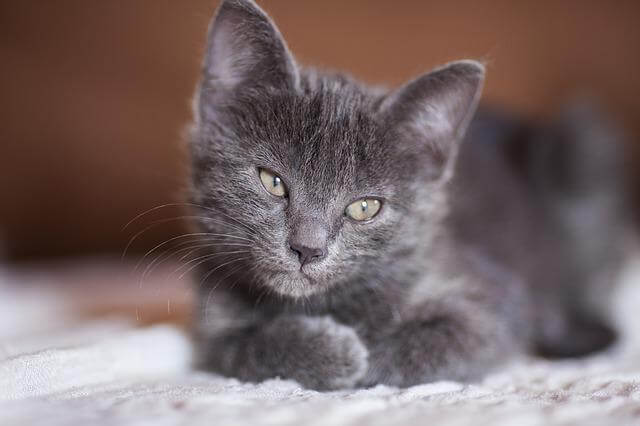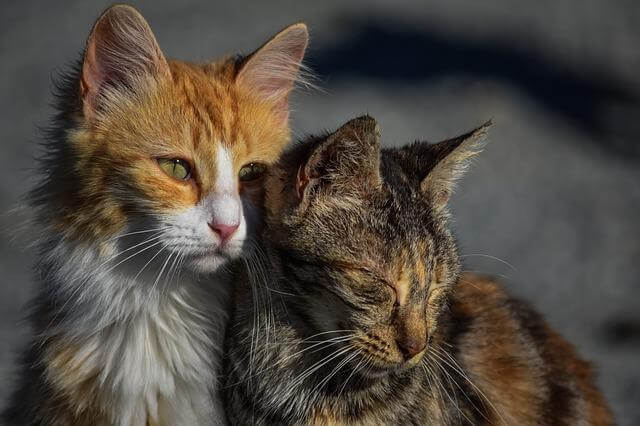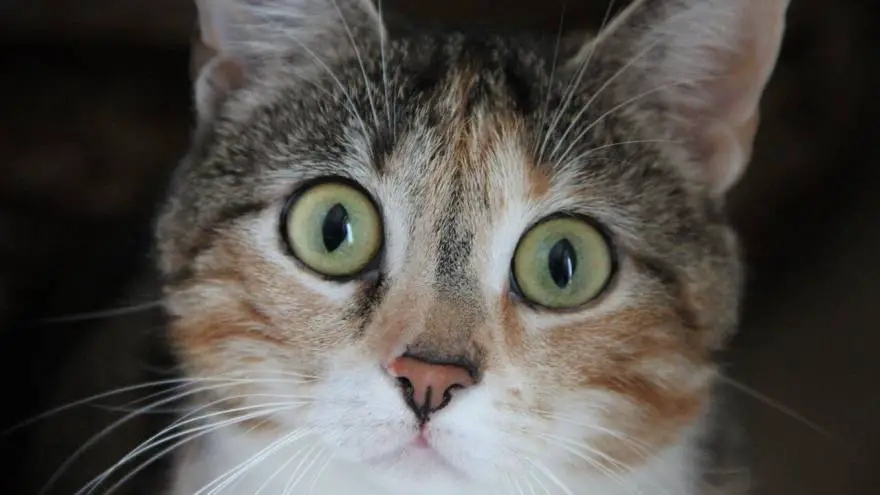Calicivirus In Cats - Symptoms, Treatment & Recovery
25.08.2022.
Feline calicivirus, also known as FCV, is a serious and highly contagious virus that can affect all cats but mostly younger ones. This virus can mostly be found in animal shelters and catteries. Viruses will cause respiratory infections in cats, and although most cats will recover from this virus, it can be deadly in some cases.
This virus will cause health problems for your cat, similar to a cold, except it will cause infection and affect different organs, including the lungs.
Causes
Suppose you wonder how your cat could get infected. In that case, you won't be surprised to learn that most cats will get the infection through direct contact with infected cats and indirectly over different objects that are contaminated.
After your cat has been exposed to feline calicivirus, it will take two to six days for symptoms to show. There are different strains of this virus, and depending on what strain your cat has contracted, her symptoms will be different. The good news is that most of these strains will only cause mild symptoms for your cat and will not be deadly.

INTERESTING FACT: Although there are vaccines for feline calicivirus, an outbreak can still happen because of the new strains of the virus that will regularly mutate.
Calicivirus in cats symptoms
Depending on the severity of the infection, your cat can show some symptoms, but don't be surprised if your cat is infected and doesn't show any symptoms. Here are the most common symptoms cats will show after the infection:
- Fever
- Dehydration
- Conjunctivitis
- Sneezing
- Food refusal
- Nasal discharge
If your cat has more severe infections, you can notice these symptoms:
- Inflammation of joints
- Swelling
- Pneumonia
- Blood in nose and stool
GOOD TO KNOW: Feline calicivirus is not contagious to humans, so there is no risk that your cat will transmit the infection to you.
How will your vet diagnose this disease?
Besides the most obvious symptoms indicating that your cat is infected with feline calicivirus, your vet can perform some tests to confirm the guess.
Your vet can perform the following:
- Blood tests
- Complete blood count
- Radiography of cat's chest
These tests will help your vet diagnose this infection if he is unsure and if your cat didn't show any symptoms.
Calicivirus in cats treatment
If your cat is infected with this virus, you must provide her with proper care to heal faster. Placing a cat in the steamy bathroom will help your cat with nasal congestion. Many cats will refuse food when they get infected, and you will have to provide food with a strong smell for your cat to start eating. Regularly clean eye discharges.

Recovery
In general, cats will recover within 10 days from getting infected. Take note that from this point, they could be carriers of this virus for a longer period.
Currently, there is a vaccine for FCV, and although it will not prevent your cat from getting infected, it will reduce the development of any symptoms. In the worst-case scenario, your cat could only show some mild symptoms and will recover much faster than the unvaccinated cats.
Prevention
Preventing this disease can be very hard since even healthy cats can be carriers. You must watch your cat if you visit crowdy places filled with other cats, such as animal shelters, cat shows, etc.
You must know that feline calicivirus is highly contagious, and cats could easily get infected. Because of that, it is important to isolate your cat until she is cured completely. Also, all the things your cat has been in contact with should be washed and cleaned properly.
If you can prevent direct contact with the infected cats, chances for your cat to get infected are reduced. The vaccine will help reduce the severity of the calicivirus if your cat gets infected and will for sure shorten illness recovery time.
World Cat Finder Team







Share